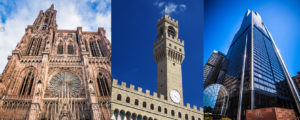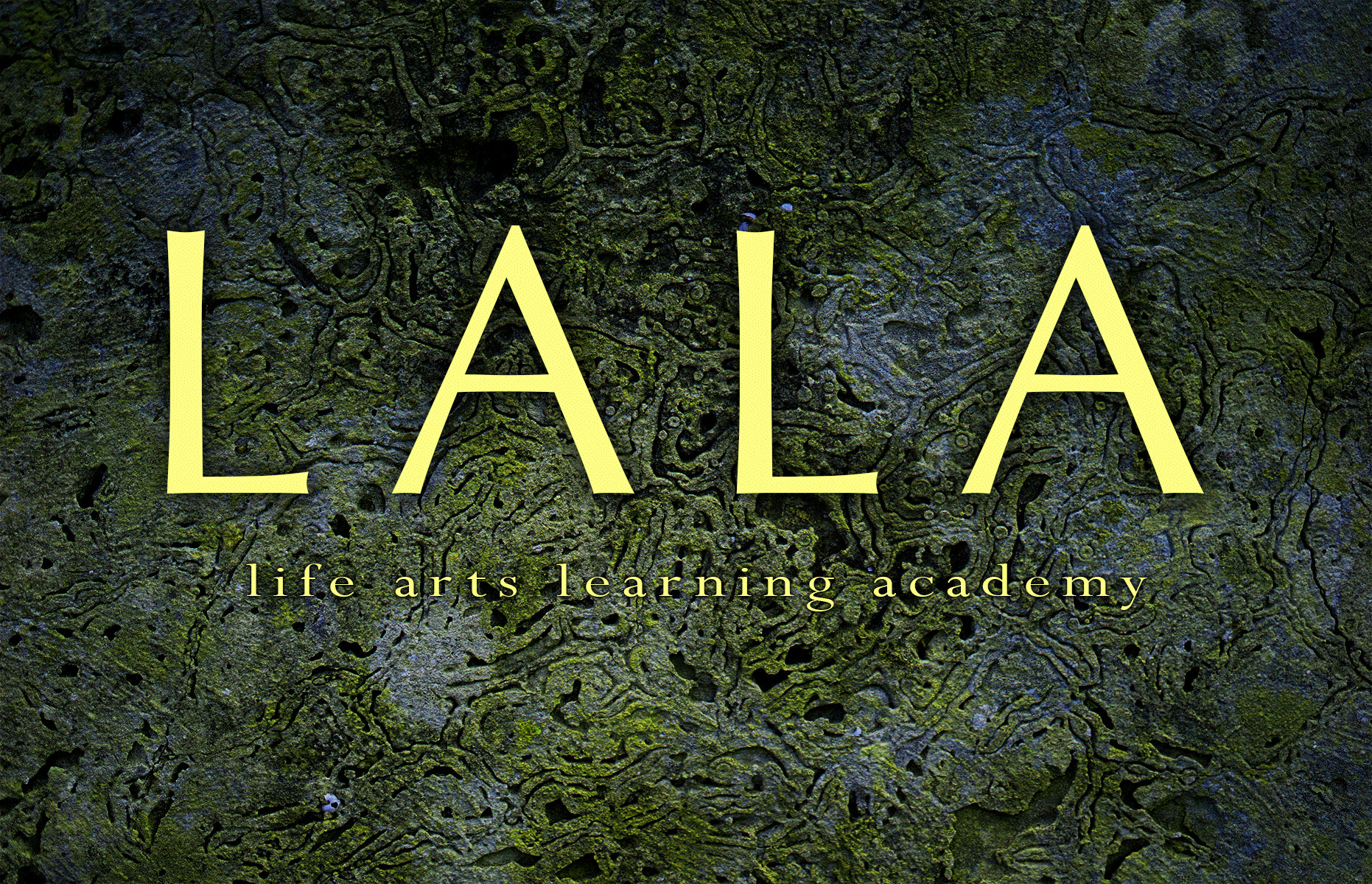
I heard an interview with Joseph Campbell in which he reflected on how the tallest buildings of any given era express the values and myths that drive that culture. So in ancient times, the tallest building of any town was the cathedral, temple or sacred monument, then in the era of princes and merchants, the tallest structures were the palaces and royal administrative buildings; now, in our modern, economically driven times, the tallest buildings are bank or corporate headquarters. Things that make you go “hmmm“.
Yuval Noah Harari points out that of all the stories homo sapiens have created, the most powerful and sustainable one so far is the story of the value and importance of money. Everything is driven by economics, the story of money seems to be today’s religion.
On one hand, I see this need to monetize everything we do as a collective delirium that has taken over our lives, a consensus reality that mistakes making a living for just living.
However, the idea that each one of us can transform our talents and passions into economy generating activities, that we all can become freelance content creators, independent entrepreneurs, life artists, is fantastic. The possibility to make our living by practicing the things we feel make life worth living, seems like a giant step in the evolution of our thinking and doing concerning work and how we understand what we’re here to do.
Given the upcoming fusion of robotics and artificial intelligence, the predictions about the future of work and the labor market are that a so-called “useless class” (Harari) may be created. Millions and millions of people out of work. This seems to be inevitable. But is it a problem? Doesn’t it open the door to the development of a population of researchers, philosophers, artists, freelance creatives, people free to develop themselves rather than chained to the wheels of underpaid labor with the sole purpose of paying off debts and consuming stuff produced in order to keep them working so they can buy stuff and keep the machine rolling? Can it be that this is what the current transformation of the concepts of work and the shift towards independent freelance activity is about? As Douglas Rushkoff said, “I’m not an optimist, but I am hopeful.”
